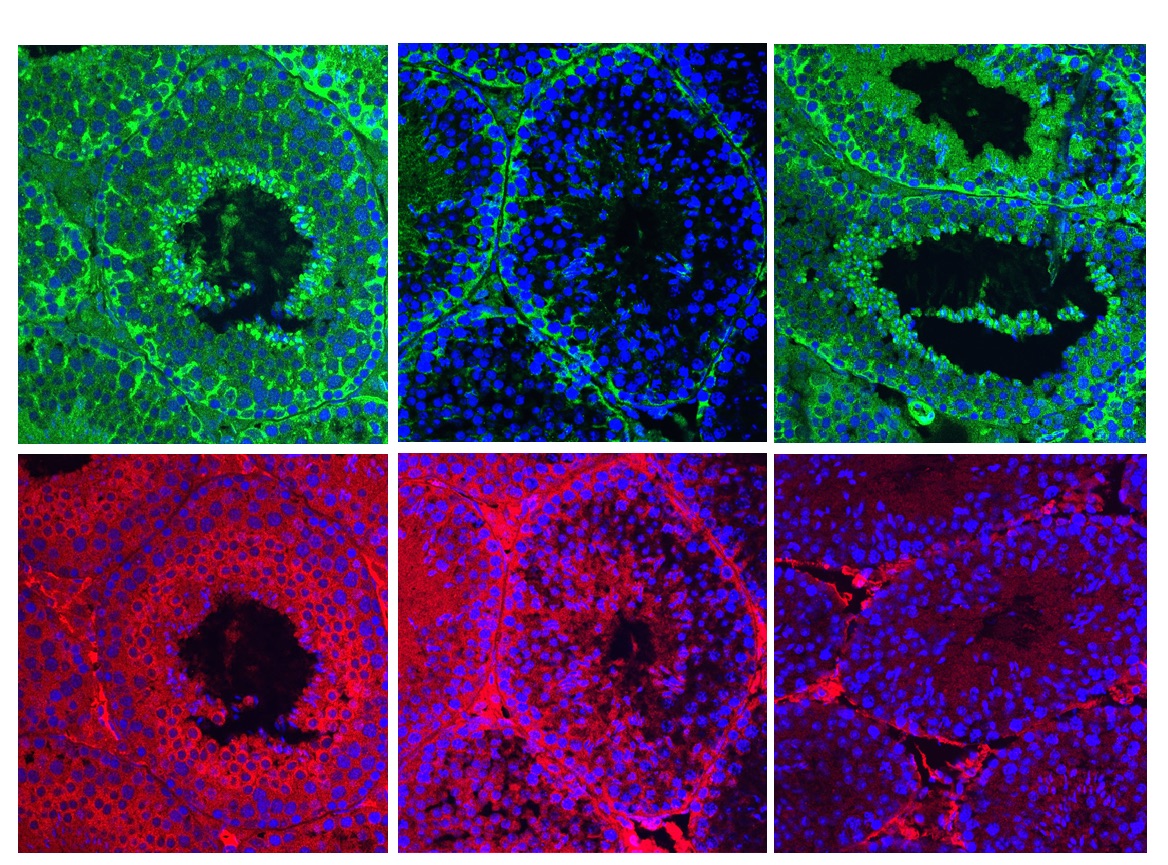The major interest in my laboratory is to understand, in molecular terms, the biochemical basis for the development of sperm function. The long-term goals of my research are to develop new approaches to regulate male fertility and understand the causes for infertility, management of fertility in man, domestic animals of economic importance, and endangered animal species.
Our laboratory was the first to show that a novel signal transduction system is centered around the sperm specific protein phosphatase isoform, PP1g2, of the serine/threonine phosphatase. This enzyme isoform, found only in mammals, is also indispensible for spermatogenesis. Knock out of the gene for this protein results in male infertility due to impaired sperm morphogenesis.
Changes in the activity of PP1g2 is also a key event in sperm motility development. A study of how changes in the activity of this and its associated enzymes occur during sperm development in the testis and epididymis is a major emphasis of this work. These studies include molecular and biochemical characterization of sperm PP1g2 targeting and regulatory proteins, including GSK3, PP1 Inhibitors I2 and I3 (PPP1R2 and R11), sds22(PPP1R7), PPP1R36 protein 14-3-3.
We have recently showed that the signaling enzyme GSK3 is essential for male fertility. Knock out of GSK3alpha, one the two GSK3 isoforms, result in compromised sperm function and male infertility. GSK3apha has an isoform specific role in male fertility.
Using gene knockout, transgenic and molecular approaches we are investigating the signaling mechanisms underlying regulation of sperm function: in particular, the roles of PP1g2 and GSK3alpha in epididmal sperm maturation and regulation of motility, metabolism, and fertilization.



